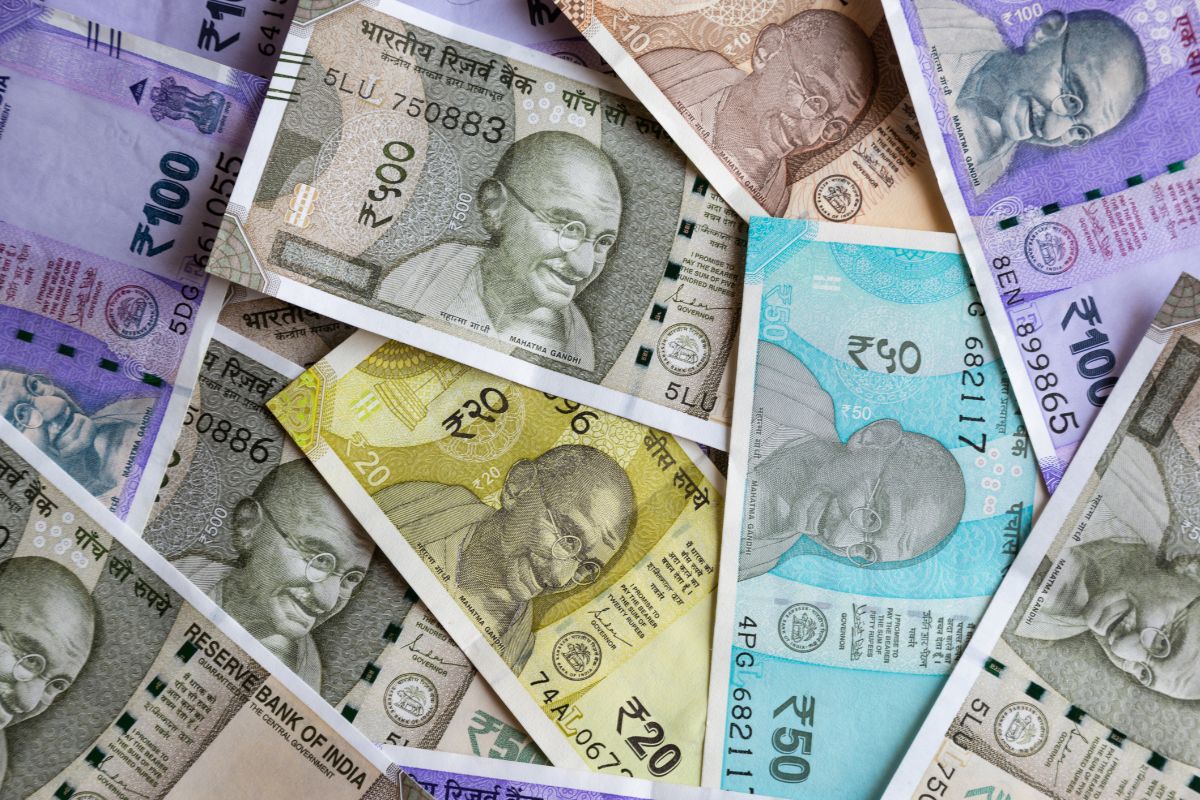Key Points:
- Israeli strikes in Iran propel USD/CAD to 1.3780, driven by Middle East uncertainties and US dollar strength.
- Rising crude oil prices, hitting $83.80, buoy CAD amidst Middle East geopolitical tensions.
- Western Texas Intermediate (WTI) surges due to Middle East instability, sparking concerns of oil supply disruptions.
The USD/CAD currency pair saw a notable rise during the Asian session on Friday, reaching a level of 1.3780. This uptick was primarily driven by a surge in the US dollar, which gained significant traction following recent geopolitical developments in the Middle East.
Geopolitical Unrest Pushes USD/CAD Higher After Israeli Strikes
Recent events have involved Israeli missile strikes targeting the Isfahan airport in Iran, causing a series of significant explosions. Despite Iranian media’s dismissal of these as foreign attacks, the incident has heightened tensions in the region, substantially influencing global financial markets. This escalation has affected geopolitical stability and played a crucial role in the strengthened position of the US dollar against a basket of major currencies.
Canadian Dollar Reacts to $83.80 Crude Oil Spike.
Concurrently, the Canadian dollar found some support from rising crude oil prices, which appreciated following the Middle East tensions. As Canada is the largest oil exporter to the US, oil price fluctuations affect the value of the Canadian dollar. On this occasion, the increased price of Western Texas Intermediate, reaching $83.80, served as a protective buffer for the CAD. However, more was not needed to counter the strong upward movement of the US dollar.
WTI Oil Prices Hit $83.80 Following Middle East Tensions
The attack’s impact extended into the oil markets, where Western Texas Intermediate (WTI) prices climbed to $83.80 per barrel. The market reacted nervously to potential oil supply disruptions caused by the volatile situation in the Middle East. Typically, geopolitical tensions often result in sharp increases in oil prices because fears of instability impact major oil-producing areas.
Fed Strengthens USD Amid Rising Yields
Recent hawkish statements from Federal Reserve officials added to the dollar’s strength. The surge in US Treasury yields following speeches by Atlanta Fed President Raphael Bostic and a moderated Q&A with Chicago Fed President Austan Goolsbee underscored a robust economic outlook by Fed policymakers. These events occurred at the University of Miami and during the SABEW Annual Conference in Chicago. Consequently, they reinforced expectations of a firmer monetary policy stance, which invariably supports the dollar.
Future Outlook for USD/CAD in a Global Landscape
The USD/CAD pair’s movement on Friday directly reflected heightened global uncertainties combined with strategic economic stances from the US Federal Reserve. As tensions remain elevated in the Middle East, and with the Fed’s unwavering hawkish tone, the near-term trajectory for the USD/CAD could see the US dollar maintaining or even extending its gains, especially if the geopolitical situation worsens or oil prices continue to rise.
















